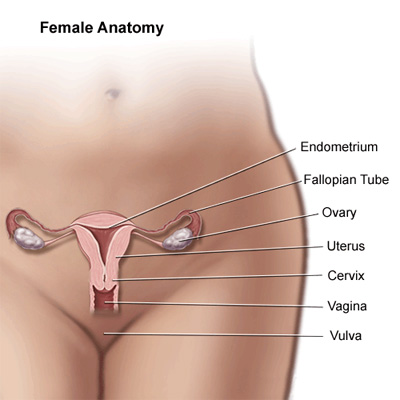.jpg)
What is Recurrent Pregnancy Loss?
Recurrent pregnancy loss is classically defined as the occurrence of three or more consecutive pregnancy loss; however, the American Society of Reproductive Medicine (ASRM) has recently redefined recurrent pregnancy loss as two or more pregnancy losses. A pregnancy loss is defined as a clinically-recognized pregnancy involuntarily ending before 20 weeks. A clinically-recognized pregnancy means that the pregnancy has been visualized on an ultrasound or that pregnancy tissue was identified after a pregnancy loss.

What Causes Recurrent Pregnancy Loss?
Recurrent Pregnancy Loss Causes
Most pregnancy losses result from chromosomal, or genetic, abnormalities, and are random events. The abnormality may come from the egg, the sperm, or the early embryo. Approximately 12-15% of all clinically recognized pregnancies end in miscarriage; however, it is estimated that at least 30-60% of all conceptions will end within the first 12 weeks of gestation. Up to 50% of the time, the woman doesn’t even realize that she was ever pregnant. The risk of miscarriage increases with the number of previous pregnancy losses, but is typically less than 50%.
Advancing maternal age is associated with an increased risk of miscarriage, which is thought to be due to poor egg quality leading to chromosomal (genetic) abnormalities. Sometimes, the mother or father themselves may have a slight irregularity in their genes, but the offspring could be more severely affected and thus result in miscarriage.
Sometimes, there could be an abnormality in the uterus (the womb) that leads to miscarriage. The miscarriage may be due to poor blood supply to the pregnancy or inflammation. Some women may be born with an irregularly shaped uterus, and some women may develop abnormalities with their uterus over time.
A woman’s immune system may also play a role in recurrent pregnancy loss. Hormone abnormalities may also impact pregnancy loss, including thyroid disease and diabetes. Abnormalities in a mother’s blood clotting may also affect pregnancy loss.
Generally speaking, environmental factors, stress, and occupational factors do not seem to be related to pregnancy loss.
What Treatment is Available for Recurrent Pregnancy Loss?
Recurrent Pregnancy Loss Treatment
The treatment recommendations for patients with recurrent pregnancy loss are based on the underlying cause of recurrent pregnancy loss. No matter what the results of the work-up are, the chance for a successful future pregnancy is high: 77% if the work-up showed no abnormalities, and 71% if an abnormality was found.
Individuals in whom a karyotypic (a chromosomal or genetic) abnormality is found are often referred for genetic counseling. There, a specialist can discuss what the genetic abnormality is and the likelihood of having a chromosomally normal or abnormal pregnancy in the future. Some affected couples may choose to undergo prenatal genetic studies during pregnancy to check the genetic make-up of the offspring with either 1) chorionic villus sampling (CVS), in which a piece of placenta is biopsied late in the first trimester or early in the second trimester, or 2) amniocentesis, which removes some of the amniotic fluid (the fluid that surrounds the baby during pregnancy) for analysis. In vitro fertilization (IVF) with preimplantation genetic diagnosis (PGD) can also be done. With this process, the woman takes shots for several days so that many eggs grow in her ovaries. The eggs are then retrieved from the ovaries in a minor surgical procedure; one sperm is then injected into each egg and the embryo is allowed to grow. One cell of the embryo is then biopsied and the genetic make-up is analyzed to avoid the transfer of an affected embryo.
If a uterine abnormality is found, surgery may be performed depending on the defect. If antiphospolipid syndrome is diagnosed, certain medications that reduce blood clot formation may be given. If thyroid dysfunction or diabetes are diagnosed, specific medications can be prescribed.
Unexplained Recurrent Pregnancy Loss
Over one-half of patients with recurrent pregnancy loss will have unexplained recurrent pregnancy loss, which means that no specific cause could be identified in the work-up. Various treatments may be offered to these patients, but there is no universal recommendation for treatment of these patients. Despite this, the overall chance of pregnancy is good, more than 50%, without any intervention at all.